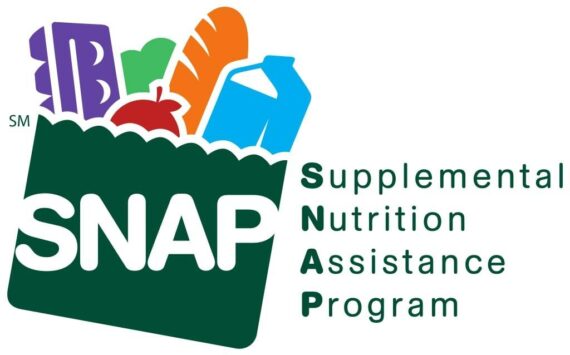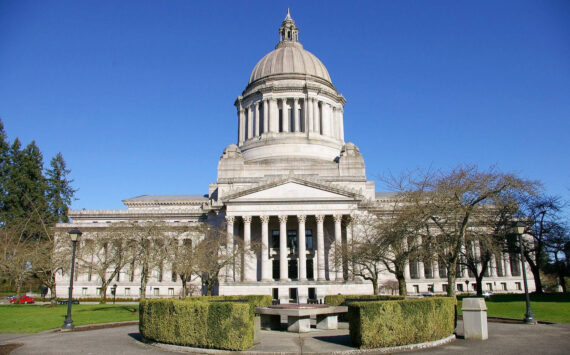Tacoma residents will pay an average of $5.53 more each month for their garbage, wastewater, surface water and drinking water services. A typical customer has a 30-gallon garbage can, lives on a 7,000-square-foot lot and uses 800 cubic feet of fresh water each month. The Tacoma City Council approved the increases Nov. 2, 2004, and the rates took effect Jan. 1, 2006.
Tacoma Solid Waste Management is raising rates for its residential customers an average amount of 8 percent, and at the same time the utility is lowering rates for some of its commercial customers. The rate restructuring is a step toward charging residential customers the true cost of the services they receive. The overall revenue increase for Solid Waste Management is just under 2 percent even though fuel and equipment costs have increased dramatically.
Tacomas solid waste rates are based on the size of garbage container a customer chooses. In 2006, a 20-gallon garbage container goes from $19.55 to $21.05 per month; a 30-gallon container goes from $26.10 to $28.15 per month; a 60-gallon container goes from $36.50 to $39.35 per month; and a 90-gallon container goes from $48.40 to $52.15 per month.
Since comprehensive recycling and yard waste services are included in the cost of garbage pickup, Solid Waste Management encourages Tacoma residents to switch to a 30-gallon garbage container or smaller and to get a larger recycling container. Residents also may request up to two 90-gallon yard waste containers for no additional cost.
City residents will not see an increase for the first 400 pounds of garbage they take to the landfill, which remains at $10. The cost for City residents disposing of more than 400 pounds, however, increases from $6.25 to $6.50 per 100-pound increment (exceeding the initial 400 pounds).
Non-City residents and commercial customers will see an increase from $6.25 to $6.50 per 100-pound increment in addition to the minimum $10 charge per load they take to the landfill.
Wastewater Management residential customers will see an average increase of 1.9 percent in 2006, although actual bills depend on water use. Wastewater charges are based on the amount of fresh water a household uses during the most recent winter monthstypically December through March. The monthly wastewater bill for a typical single-family home (using 800 cubic feet of water a month during the winter months) will go from $33.01 in 2005 to $33.62 in 2006.
The new revenue will help pay for upgrades to the Central Wastewater Treatment Plant to expand its capacity and prevent untreated sewage from overflowing to Commencement Bay and other fresh-water streams, as well as funding continued maintenance to the Citys wastewater collection system.
Surface Water Management residential customers will see an average increase of 7 percent in 2006, but, again, actual bills depend on lot size and level of development. The rate for a typical single-family lot (7,000 sq. ft.) goes from $12.28 per month in 2005 to $13.15 per month in 2006.
The City uses its surface water revenue to operate and maintain more than 400 miles of public stormwater pipe, more than 20 detention ponds/structures, four pump stations and more than 17,000 storm drain catch basins. In addition, the City uses its revenue to improve water quality in Tacoma as well as comply with federal regulations associated with the Citys stormwater permit, and to fund the ongoing Thea Foss Waterway Superfund cleanup.
Tacoma Water rates will increase an average 8 percent systemwide, effective Jan. 1. This is the second step of a rate increase approved in December 2004. Most residential customers will see an increase of approximately $2 a month. The revenue from the increase will be used for a number of needs, including renewing and replacing the oldest parts of the water system; meeting federal requirements for water treatment; environmental responsibilities; responding to actions of other government agencies, such as the need to move water mains because of road-widening projects; and future water supply.




